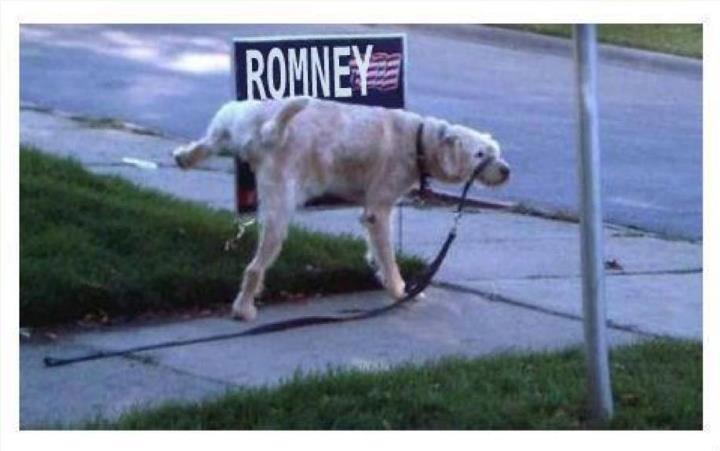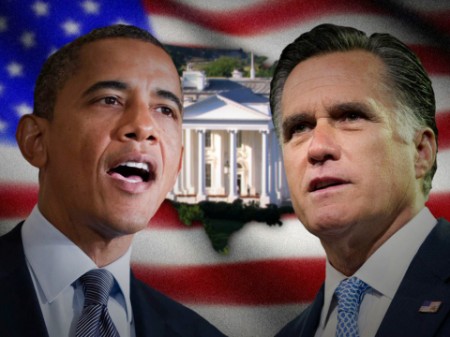A native of Kenya, Mr. Alex Armagoha (Ar-ma-GO-uh) was the instructor of my Government 2301 class.
With an audience of fifty students a night twice a week, it would’ve been easy for him to recite statistics, discuss the levels of leadership and test us students on the most tried-and-true aspects of local and national politics. But what he accomplished instead was even more impactful: training our minds to see what participation brought to—or even withheld from —from the process of elections.
“I don’t understand how you all think in this country,” he would say after discussions of politicians, laws or any other aspect of governing turned into spirited debates. “So many of you have access to change what you don’t like about the world and you never bother to use it.”
He would sit on the edge of his desk and emphasize the words with animated speech and his forever-gesturing hands. “If you don’t like how members of Congress giving themselves higher pay raises after the news media leaves, bills getting filibustered or these governors trying to tell women what to do with their bodies, fire them. If you sent these people to higher office after they asked for your support and they didn’t do the job you elected them to do, use your power and vote them out.
“Think about it: if you promised your boss that you would do certain tasks and they’re left undone, do you think you’d have a job to return to the next day? Of course not! So don’t let those same people keep getting back into office if they have failed to deliver on what you elected them to do. Think like your boss would and hire somebody else!”
I’ve got to keep it real—–I’d never thought about elections in such a succinct matter. I’d been a registered voter for decades and made my way to City Halls and school gymnasiums to cast ballots for judges, governors, school board leaders, mayors and presidents, but I never thought of these officials as, well, being my employees. I just watched my parents vote, knew that the practice was a civil right and civic duty that women and non-whites had just started receiving access to since 1920 and 1965, respectively, and that I owed it to those once denied the chance to make it to the polls.
When early voting kicked off last week, Professor Armagoha’s words echoed in my subconscious as I made my way to Garland’s City Hall. The parking lot was jam-packed and folks lined both sides of the walls, but I made my way from the sidewalk while balancing my pre-schooler from hip to hip as I waited my turn.
There were three electronic screens to scroll through, and instead of selecting the single-party option, I read the names, remembered their stances on the issues and thought about whether or not the incumbents did their best, took their elected position for granted or remembered the little people like me who signed petitions, sent contributions to their campaigns and called their offices to register compliments or complaints.
Some of them did well with the tasks before them and others showed potential to remain on the right track. As for others, the candidates who acted entitled to the position, wobbled on the issues or even worse, failed to demonstrate how they could help the greater good, the decision was made: I held Layla’s arm with one hand, pressed the appropriate boxes with the other and entered my final recommendations for who I wanted in those higher positions for years to come.
Hiring, re-hiring, and yes, even firing…..like any other good boss would do.






